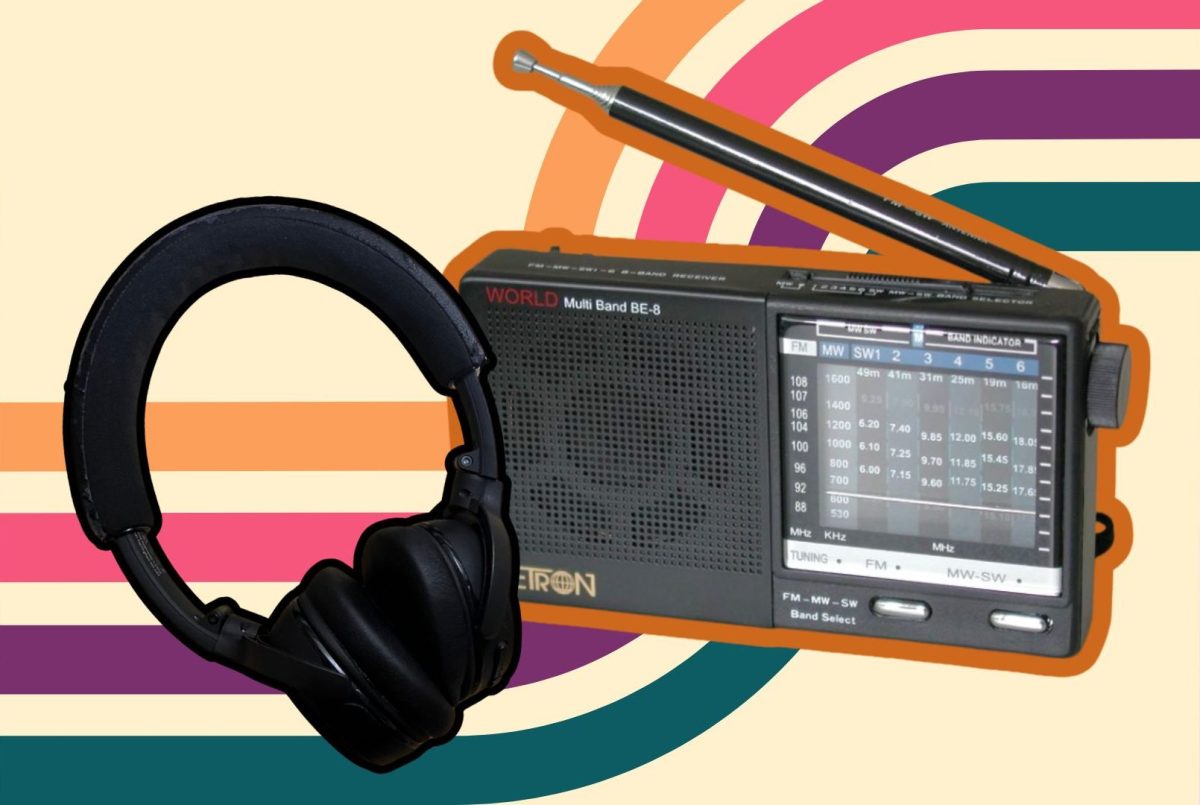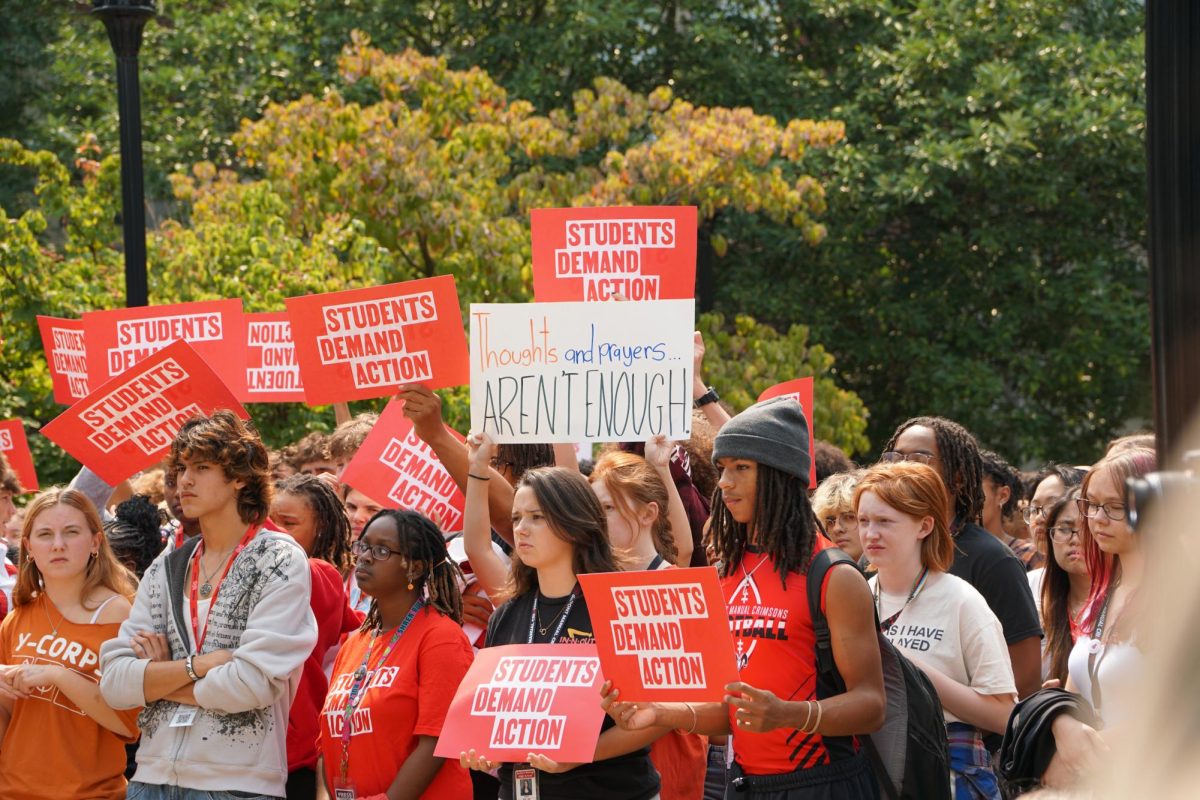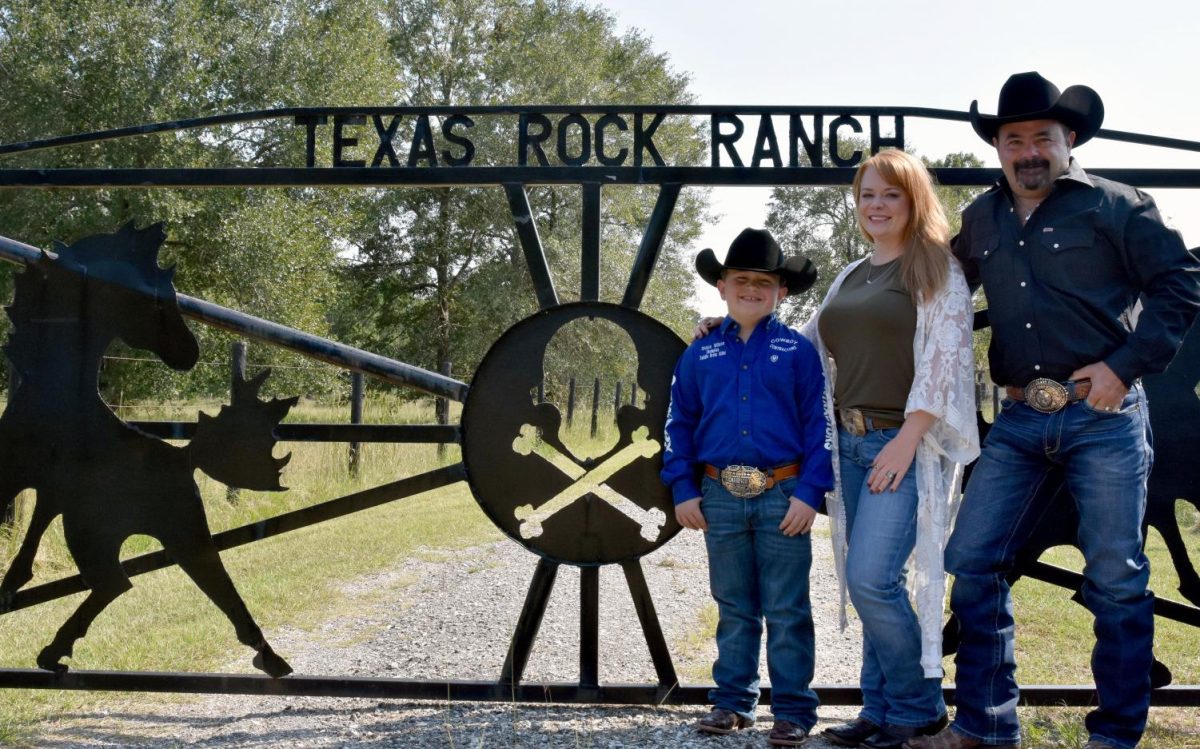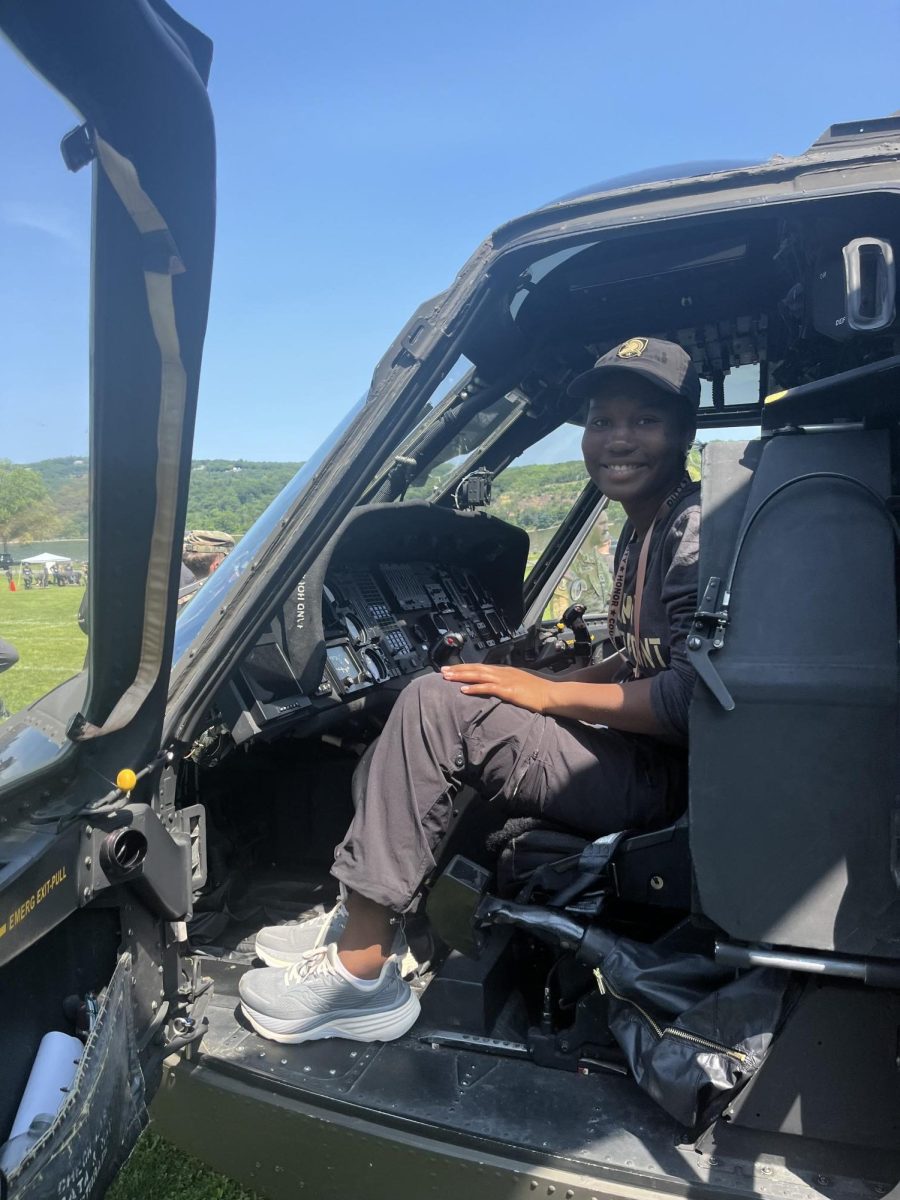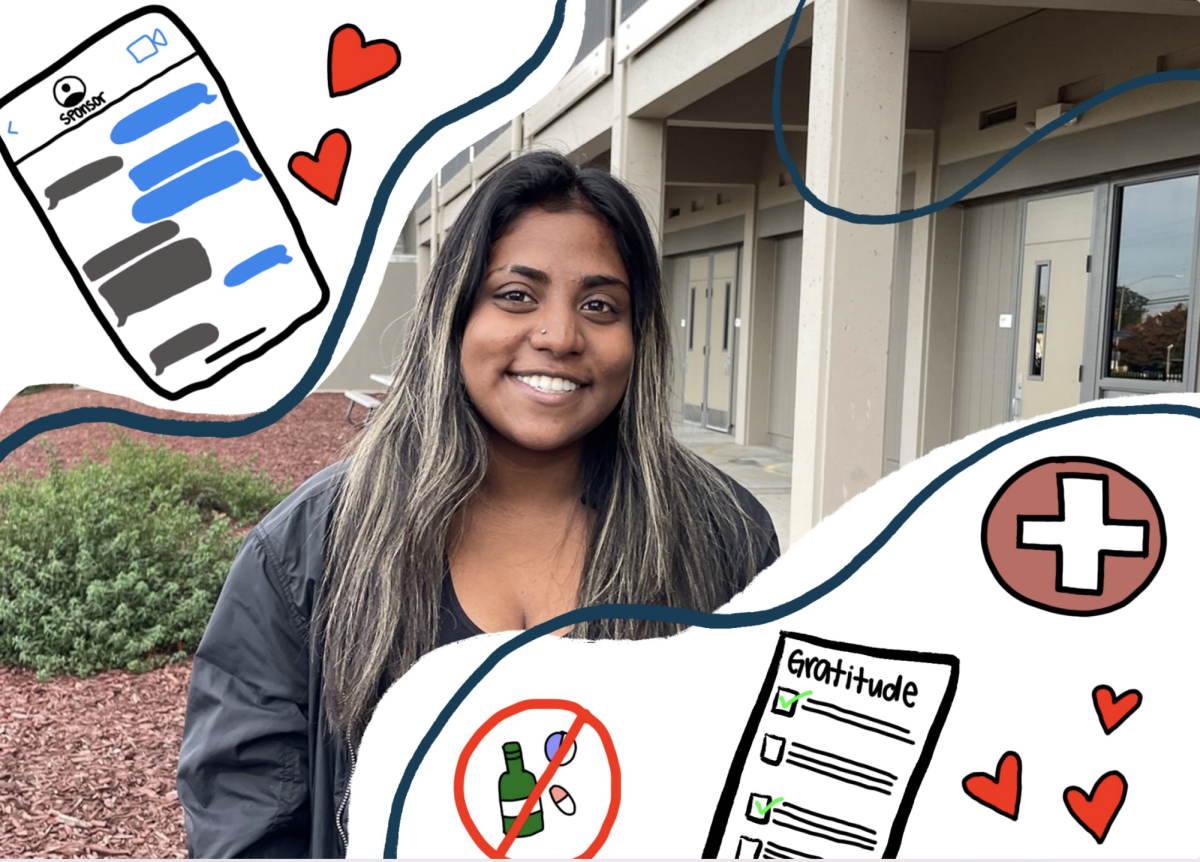Transcript:
AC: Hi guys, my name is Ananya Chaudhary.
DN: My name is Dylan Nguyen.
AV: My name is Aashi Venkat.
AC: And we’re here with,
MS: Mira Sarang,
AC: to talk about her journey with substance abuse. Can you tell us about your addiction and what you were addicted to?
MS: My addiction started when I was 11. It started with just marijuana and then it grew to alcohol and harder substances.
AC: How do you think your addiction started?
MS: It started when I broke my back in middle school. I was put on painkillers and I loved that euphoric feeling. I chased that wherever I could.
AC: Are you willing to talk a little more about how your addiction progressed over time? What exactly fueled it?
MS: It started with smoking a little bit here and there throughout middle school. But then, the summer before high school, I had gotten caught smoking, so I turned to drinking. That just progressed really quickly. It went from just at night to every day, and then eventually, the coast was clear, and I could start smoking again, so I would do both. I would smoke and drink, and then eventually, my drug dealer said he had pills. I was like, ‘Okay, cool,’ because I was really in love with the feeling that it gave me, and I really wanted to change and suppress the way I felt, so I would just chase that high as much as I could.
AV: How was your experience in rehab? And please describe in as much detail as you feel comfortable going into.
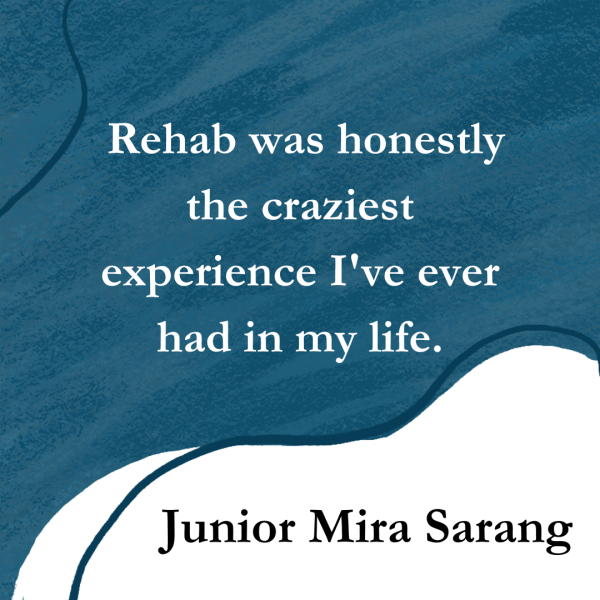
MS: Rehab was honestly the craziest experience I’ve ever had in my life. There were a lot of ups and downs, especially with going through withdrawals and having to go through that experience and being away from home. It was a crazy experience, but I’m really glad I went because it honestly saved my life.
AV: How old were you the first time you went?
MS: I was 15.
AC: How long were you in rehab?
MS: I went to rehab twice. The first time I was there was for 58 days, and then the second time I was there was for 47 days.
AV: Why did you decide to go to rehab, was it your choice?
MS: It was not my choice. I definitely did not want to go at all. My parents kind of were like, ‘You need rehab. Like, you need help.’ They pretty much told me to pack my bags, you’re leaving tomorrow.
AV: How was your reaction to that, especially the first time?
MS: I was not happy about it because I was in the mindset that nothing was wrong and I thought that I had everything under control. I contemplated running away because I was like, ‘This is stupid, I don’t want to do this. It’s not going to help, I’m just going to go back to using.’ I definitely did not like it at first.
DN: What would you say were some challenges you had during rehab?
MS: I had a lot. I think the biggest challenge I had was changing my mindset about my relationship with substances. I went in thinking nothing was wrong, and I have everything under control, but by the end of it, I had started working the steps of Narcotics Anonymous. I had learned that the way my thinking was and my use was not normal. There’s a popular saying in N.A. and it’s, ‘One’s too many and a thousand’s never enough,’ and I really resonated with that because if I have anything, I know I can’t control myself. So it’s like, I know that there’s a problem.
AC: How do you think that your family and friends supported you?
MS: My family has been really supportive. Just paying for rehab is the greatest thing they’ve done for me. They’ve supported me through everything. In rehab, we had family therapy and when I was in Petaluma, my parents would drive up two hours every week just to see me and support me through that. They’ve always been there and been available to talk if I ever needed them.
AV: What are some specific details about rehab that stick out to you?
MS: At the place I went to, definitely the staff. They were always there and were always able to talk and help me through whatever challenges I had that day, whether it was my mental health or cravings or anything like that.
AC: How about the other patients who were there, did you guys interact? If so, how was that?
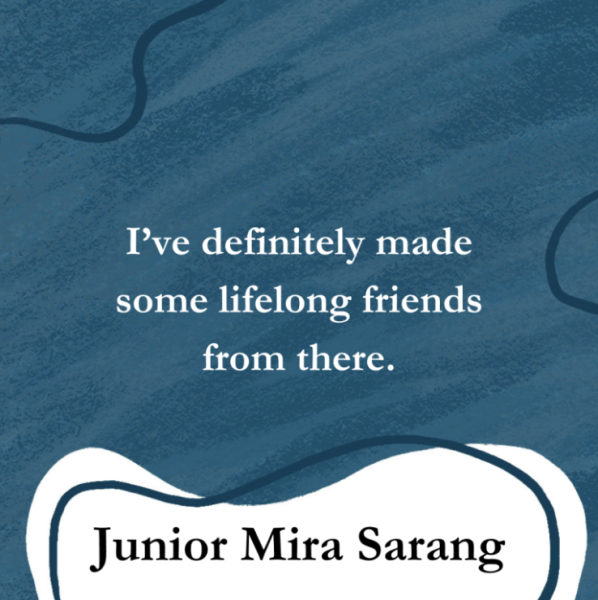
MS: At the most, there were 18 of us. We were split into three different houses and everyone interacted. There were some people who just didn’t get along with everyone else and there was drama, of course. If you put 18 girls together, you’re bound to have some drama. But I’ve definitely made some lifelong friends from there.
AV: How did you cope from withdrawals that you faced in rehab and after rehab?
MS: It was hard because I got really depressed and I couldn’t sleep for days, but I think learning different coping skills is something that really helps me to this day, because I still use these coping skills.
AC: Do you think you could explain your experience in between the times that you went to rehab?
MS: I was home for about a month before I went back to rehab. The second time, it wasn’t for substance abuse. Mainly it was for mental health, but there were a lot of challenges I had, like cravings and just wanting to relapse. I felt like I learned a lot of skills in rehab, but I just felt like there was something that kept drawing me back to substances. It was just something safe, and so I told my parents, ‘I know if I don’t get the help now, then I’m gonna end up relapsing and it’s not gonna end well.’
DN: Were you the one who said that you wanted to go back to rehab?
MS: Yeah.
DN: What was the turning point in your mind that caused that?
MS: When I got back from rehab the first time, I got severely depressed. I would not eat or leave my room, and I would sleep all day. It was just not good for me, and I knew that every day, it was getting worse, and I knew at some point I was gonna relapse on something. It just wouldn’t be good for me, and so I told my parents, ‘I need this, you need to help me.’
DM: How would you say, if it did, did your viewpoint on rehab change?
MS: Honestly, before I went, I thought it was like the stupidest thing in the world and that it wasn’t going to fix me. That it’s just like something for crazy people. But now I’m like, it really helps if you put in the work and if you just try and put in that effort, it helps a lot.
AV: How do you get past the social stigma that comes from going to rehab or just being involved with substances?
MS: In the school I go to, a lot of people use there, and so I definitely have gotten comments like, ‘Oh, you’re no fun because you don’t use anymore.’ And like, ‘What happened to you, you used to be so fun.’ It’s definitely got to me at some points because I was like, ‘if everyone else is doing it, I should be able to do it.’ But eventually talking to my sponsor, who’s the best sponsor in the world, she’s helped me see that it’s not worth it because it just messes my life up more than it helps it.
AC: So are there any common misconceptions that are made about people who deal with substance abuse that you would like to talk about?
MS: Yeah. I think definitely the biggest one is just the stigma around it. If you see an addict on the street, everyone obviously automatically thinks that they’re doing this on purpose and thinks they can just stop whenever. But that’s not the truth about addiction. There’s a quote in the Blue Book of N.A., and it says that, ‘Addiction is such a cunning enemy of life. It takes the power away from you. It makes you powerless over a substance, it makes you powerless over your life.’ There’s a big stigma around that. There are a lot of other things that come along with it, like withdrawals, which can also be deadly.
AC: Do you have any advice for people who are currently going through addiction?
MS: Yeah. I’d definitely say to ask for help. I know it’s hard. It’s really hard admitting you have a problem, but I think definitely try going to a meeting and just listening to the stories that people share. Talking to other people and talking to recovering addicts helps so much to put into perspective where you’re at. Meetings and talking to other recovering addicts or just even someone who doesn’t use and seeing their viewpoint of it because it really can change your world.

AV: How have you learned to practice self love and just love yourself a lot more afterwards?
MS: Definitely show myself a lot more compassion, and my sponsor’s taught me a lot about gratitude and how that can really change your life. She makes me send her a gratitude list every day. Practicing gratitude is something that has helped me change my perception of the world and see it in a better light.
AV: Is there anything that you would say to yourself in the past, like your childhood self?
MS: Don’t pick up that first drug.
This story was originally published on El Estoque on November 29, 2023.

